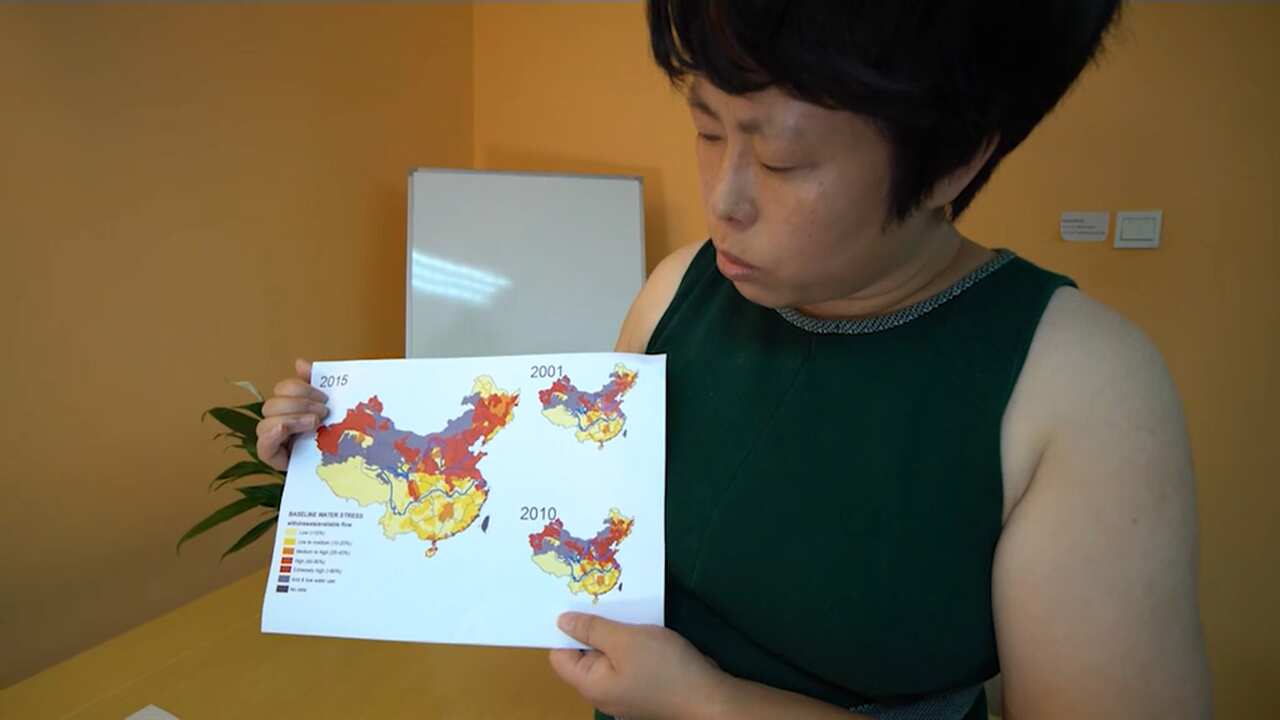While parts of southern China struggle with torrential rain, its parched north is facing a looming water crisis.
China has 20 per cent of the world's population but only seven per cent of its water resources.
In Beijing a controversial exhibition featuring foul water from a northern Chinese town has prompted an investigation into water pollution, an issue exacerbating water shortages in the country’s already parched north.
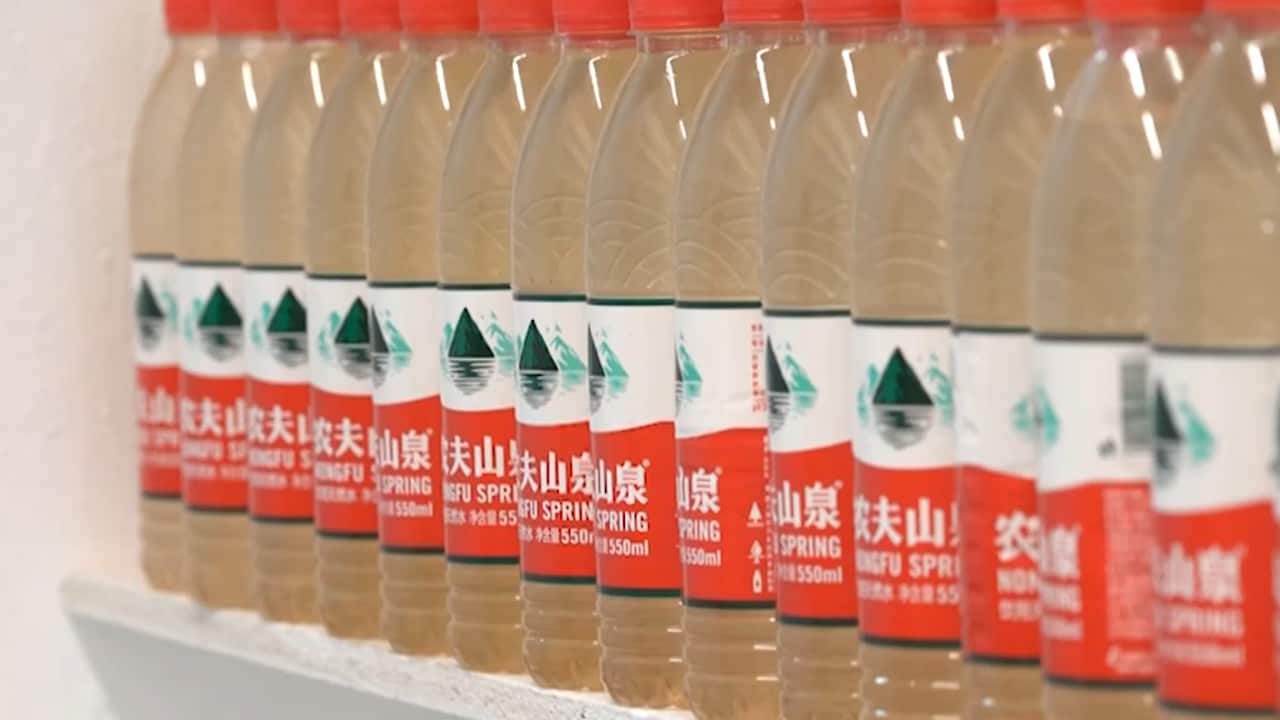
At a small gallery in Beijing’s 798 art district, wall to wall white shelves are bare.
Only a few days earlier they were lined with thousands of bottles of water. But these bottles were not filled with ordinary purified spring water, but the cloudy brown drinking water of the village of Xiaohaotu, in China’s northwest Shaanxi province.
“All the rivers in that village are black and dirty,” says the artist known as ‘Nut Brother’ - due to backlash from authorities he doesn’t give his real name to the media.
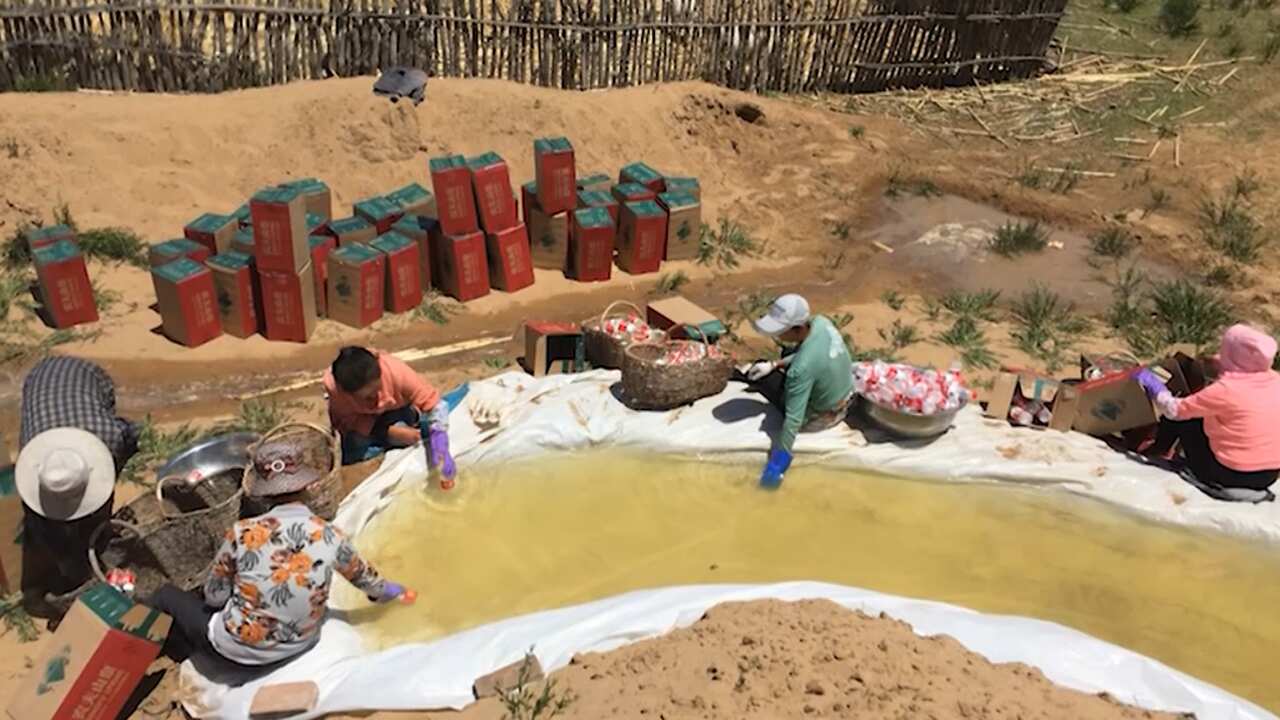
“In Xiaohaotu the groundwater is polluted. This same water is used for the livestock, for crops, the people drink this water, but the whole ecosystem is highly polluted. It’s not suitable for human life,” he says.
The artist filled the thousand plastic bottles with the village’s drinking water to bring back to Beijing for an exhibition to raise awareness of water pollution in China.
He says the water is filled with high levels of heavy metals.
“If you drink too much you can get diseases like cancer or have skin problems, and your livestock could die,” says Nut Brother.
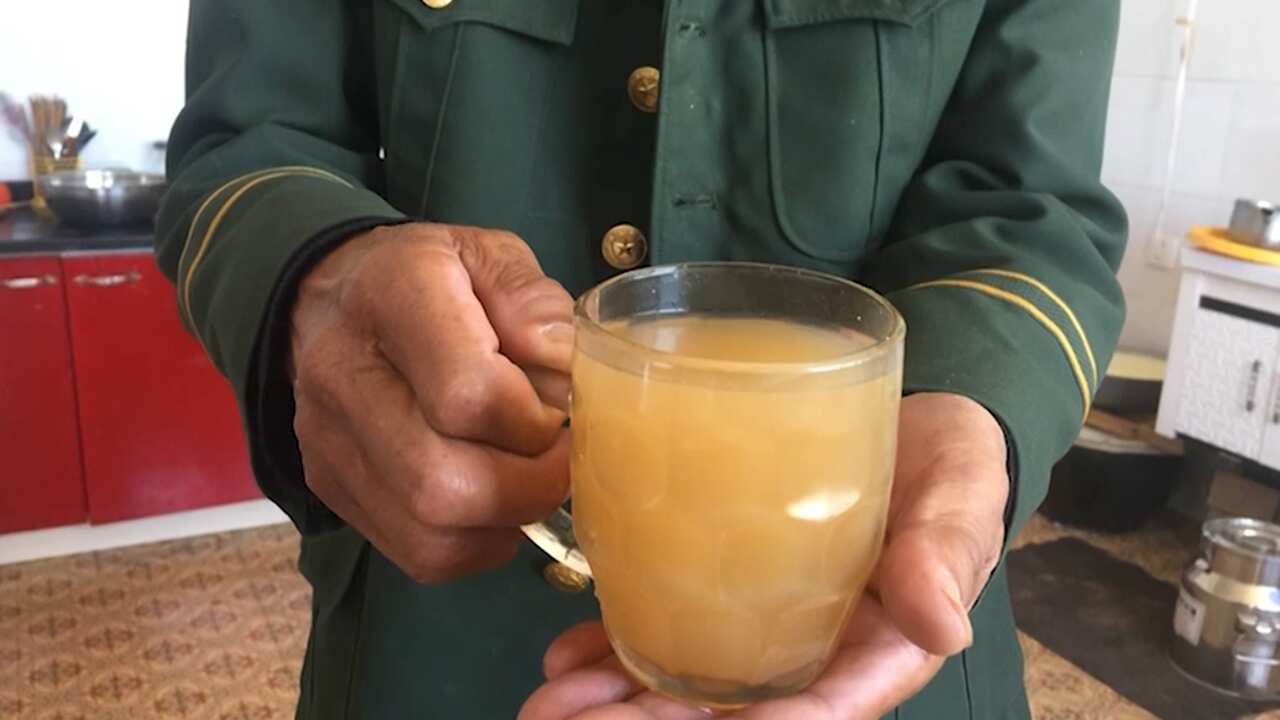
Water message too much for some
After being on display for only a few days, the bottled water was removed from the gallery shelves.
Men from China’s industrial and commercial bureau were sent to clear his exhibition after the bottled water company and Xiaohaotu village authorities have complained, labelling a troublemaker.
The reality of China’s water woes is not a message all are ready to hear he says.
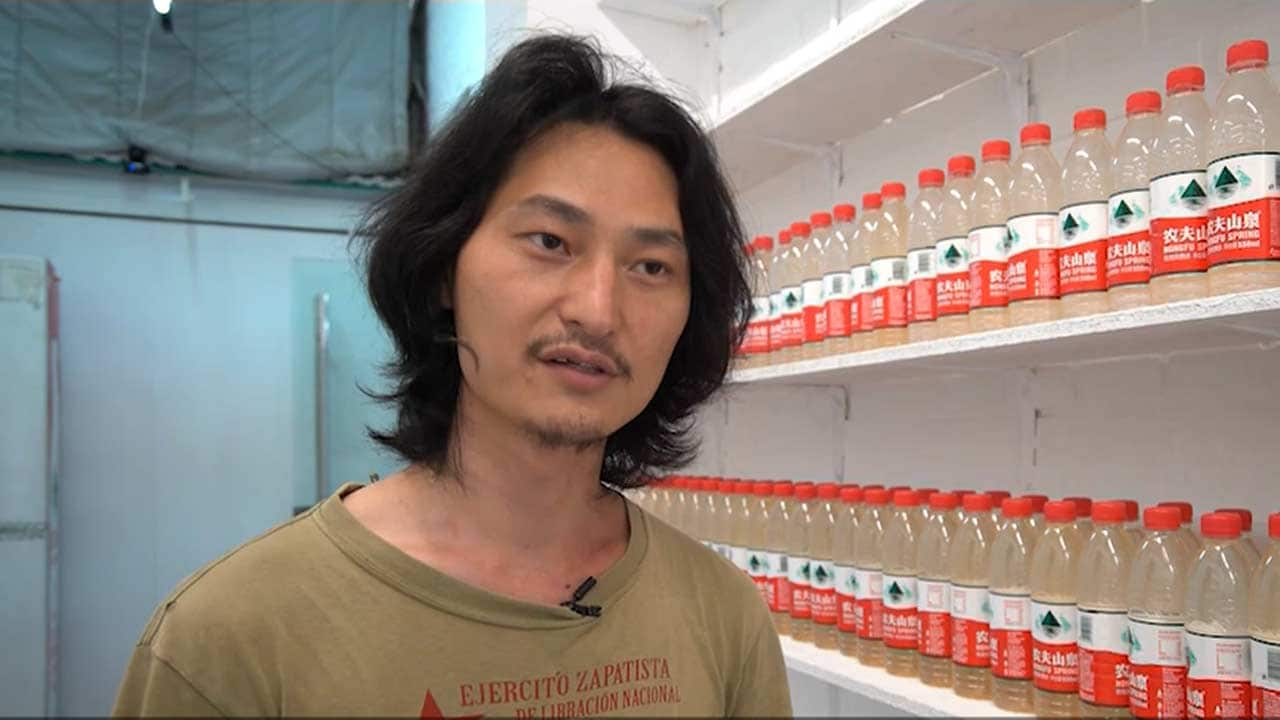
“The authorities avoid dealing with this problem. They know it’s polluted but they’re not investigating it seriously.
I hope the government will take action, and the petroleum companies involved in causing the pollution will compensate the villagers.
This is uncommon in China. Everyone knows there’s a problem and where the problem is, they pretend it’s not there. And they do nothing.”
In China, water problems aren’t confined to one village.
According to 2016 statistics, 80 percent of China’s tested groundwater is affected by pollution, and it’s contributing to water scarcity in the country’s dry north.
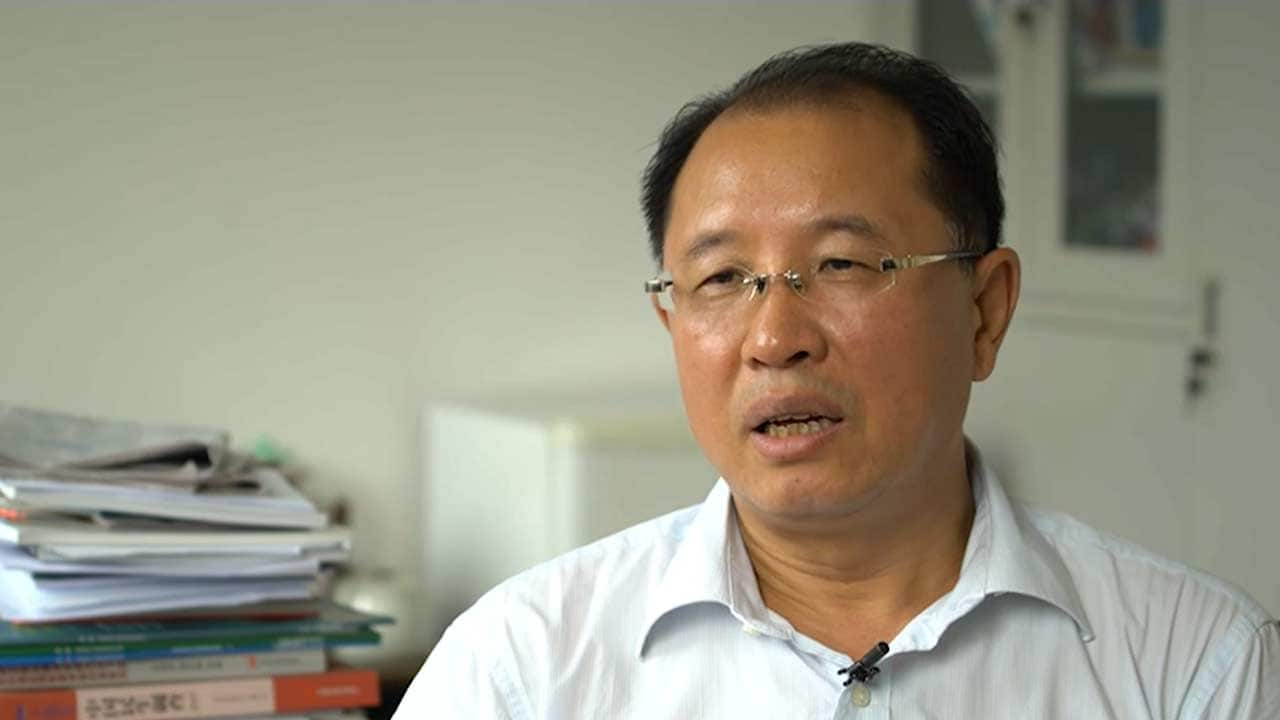
More than one-third of China’s mainland is facing high or extremely high water stress.
Professor Song Guojun is a professor at Beijing’s Renmin University.
“China’s water problem is from both scarcity and pollution. Two factors are involved. Water pollution causes water shortage. For example, rivers or lakes could have been a source of drinking water, but because it’s polluted you have to find another source,” he says.
Finding alternative water sources has become a necessity for the city of Beijing.
In Beijing 40 per cent of all waterways are too polluted for use.
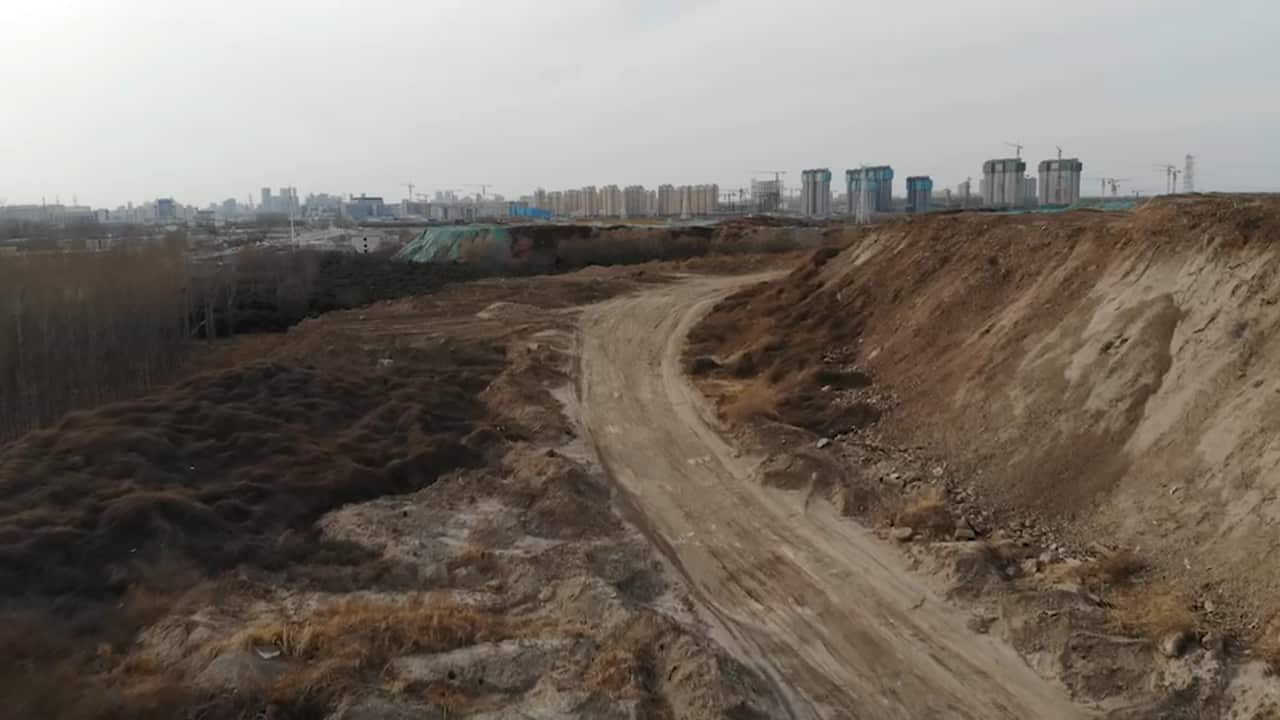
This year the city began a project to clean up 140 of its rivers identified as polluted. Excessive groundwater pumping causing parts of the capital to sink, a process known as subsidence, at a rate of up to 11 centimetres a year.
Because of the shortage, water is being piped from the country’s rain-drenched south via the country’s south-north transfer project.
Professor Song believes people should be paying more for their water, something the government is hesitant to implement.
“If the cost of moving people is more than moving water than why not?” he says of the south-north transfer project.
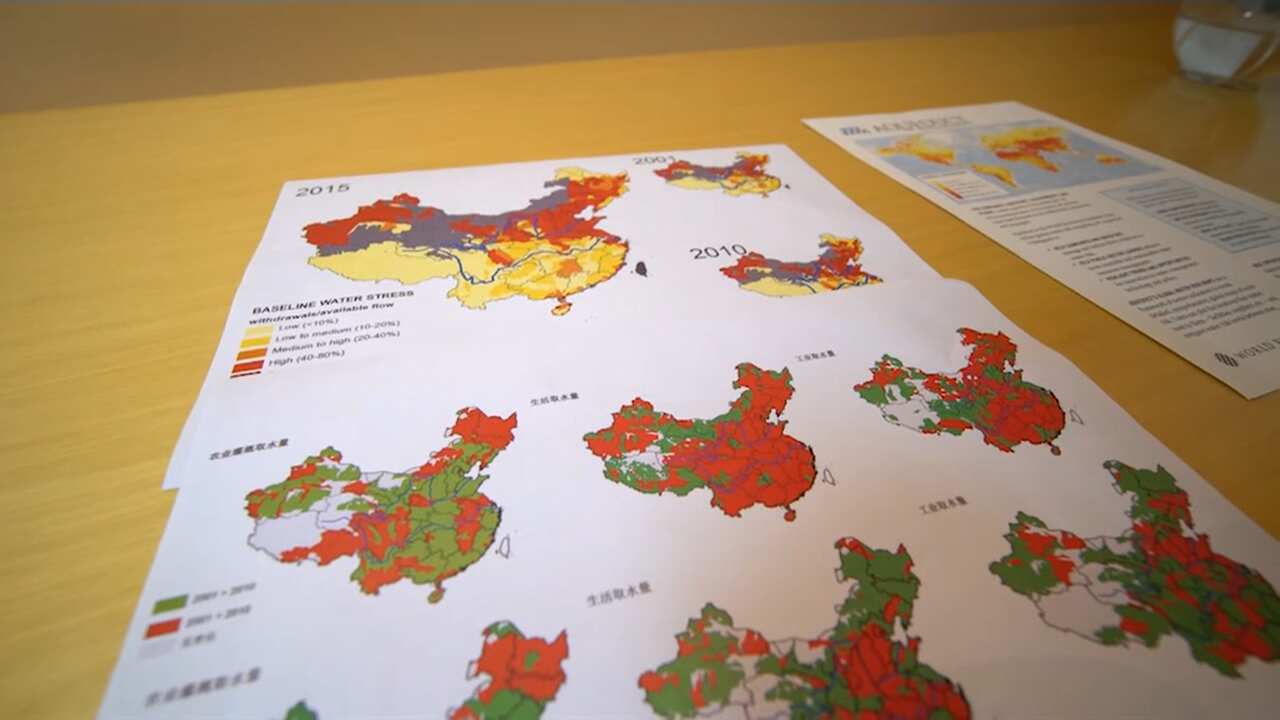
“Of course moving water has costs, but we should add this to the price of water.”
Wang Jiao is a researcher at the World Resource Institute Beijing office. She says government initiatives are improving China’s water scarcity outlook.
A 2012 policy improved irrigation efficiency and imposed better measures to protect water quality.
“We compared water stress between two time periods, the first 2001 – 2010, then 2010 to 2015. And we do see a lot of areas are getting better in the second time period when these policies started to be implemented,” says Ms Wang.
